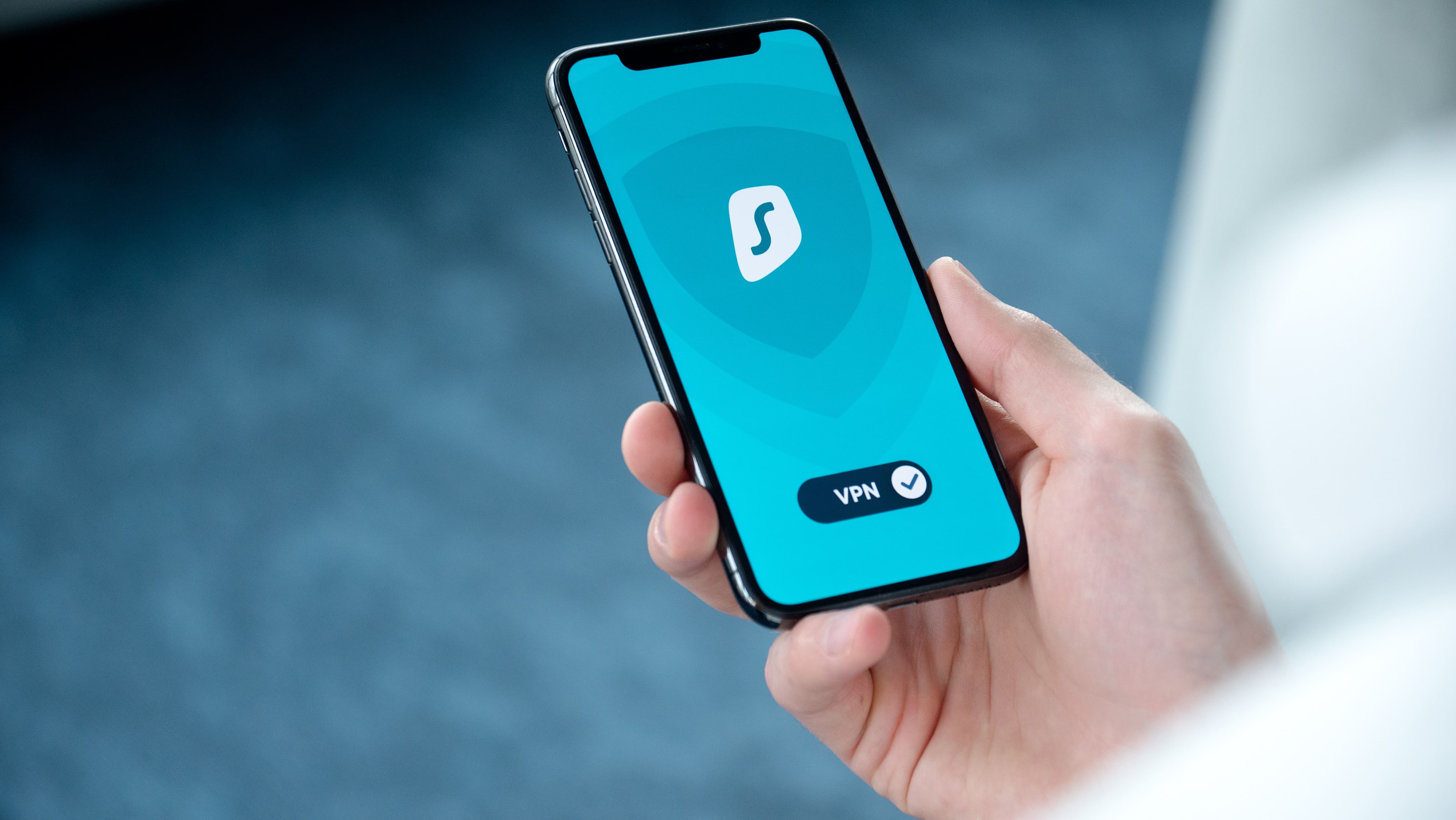Defining the Internet of Things can be tricky. If you were to Google a definition of IoT, you would be left confused. However, we’re going to simplify it as much as possible without using any overly-complicated technical terms. In short, the Internet of Things is an umbrella term that covers all interrelated computer devices that are connected to the internet.
Why Is the Internet of Things So Important?

Nowadays, most devices feature an option that allows them to connect to the internet. The list of internet-enabled devices is endless. Today, you can connect coffee machines to the internet, thermometers, jewelry, dog accessories, and even sex toys! Well, the concept of being able to connect various home devices to the internet is what defines the Internet of Things.
Smart homes are also a huge part of IoT. You can integrate different household items, appliances, and other miscellaneous stuff and control them from a single place. While we can’t fight the fact that this is extremely convenient, we have to raise some security concerns. IoT security has been a hot topic in recent months, due to many exploits and vulnerabilities found in IoT devices. Let’s see what the most common IoT security issues are.
Most Common Internet of Things Security Issues
To explain the most common security issues found in IoT devices, we will go over some recent and noteworthy examples of how dangerous they can be.

- Hacker Breaks into Smart Home Google Nest Devices
Almost exactly a year ago, a couple from Wisconsin, US, suffered a terrible series of events after a hacker managed to penetrate their smart home system. The couple noted that the hacker terrorized them for nearly 24 hours. Some of the things the hacker did include cranking up their heating system, talking through the camera, playing loud and vulgar music.
Penetrating smart home devices isn’t anything new, though. Another couple from North Carolina had a similar experience when their camera was hacked, and the hacker warned them of a false missile attack. Furthermore, when a couple from Houston, Texas had their Nest camera hacked, the hacker told them that he was going to kidnap their baby. Scary, right?
- Can You Hack a Coffee Machine?
Smarter is a company that has faced a lot of scrutiny in recent months because of some serious security concerns in regards to their products. This company produces smart home kitchen appliances, which were proven to be extremely vulnerable. A researcher from Avast named Martin Hron decided to experiment.

It took him only a week to reverse-engineer one of the company’s coffee maker models. And, what he managed to do with it was scary. He managed to trigger the machine to spin the grinder, dispense water, beep continuously, and turn on the burner. He even succeeded in displaying a ransom note on the machine’s digital display.
- Smart Car Hacking
Lastly, we will talk about smart device-related security issues that are perhaps the scariest yet. Can smart cars be hacked? Unfortunately, the answer is yes. By using advanced AI technology, hackers can successfully penetrate the car’s system and cause significant damage. Back in 2015, two researchers managed to hack into the 2014 Jeep Cherokee. They were able to control the steering wheel, disable the brakes, and turn off the engine. You don’t need to be a genius to see the possible ramifications. Hacking smart cars can cause actual physical harm to people.
Tips for Increasing Internet of Things Security
As you can see, IoT security shouldn’t be taken lightly – it is crucial to be proactive when it comes to IoT security. Here are our top security recommendations:

- Use a VPN
What is a VPN? VPN is a tool that acts as a gateway between the user and the web. Most of the IoT-related security issues stem from the fact that these devices are connected to the internet. For those reasons, implementing a VPN solution should be your top priority, if you’d like to ensure that no one is snooping around your smart home systems. It will hide your IP address, encrypt all internet traffic, and prevent any potential DDoS or Man-in-the-middle attacks.
- Use Antivirus Software

While antivirus wasn’t as effective for IoT devices in the past, many antivirus companies have started rolling out IoT solutions to ensure that all smart devices are protected. These innovative solutions are router-based because users’ home routers are usually quite unprotected. All IoT devices are connected to this router, which is why you should consider purchasing a secure router with antivirus and other security-related features.
- Change All Default Passwords

Most IoT devices come with preset passwords and usernames, which can be changed later on. However, a worryingly large number of users never change these passwords, making their IoT devices extremely vulnerable to hacking. Some companies use the same preset passwords for large device batches. So, if a hacker was to obtain these preset passwords, they would be able to hack dozens of devices simultaneously. So, always make sure to change default passwords. When creating a new password, make sure to use a combination of uppercase and lowercase letters, as well as symbols and numbers.







